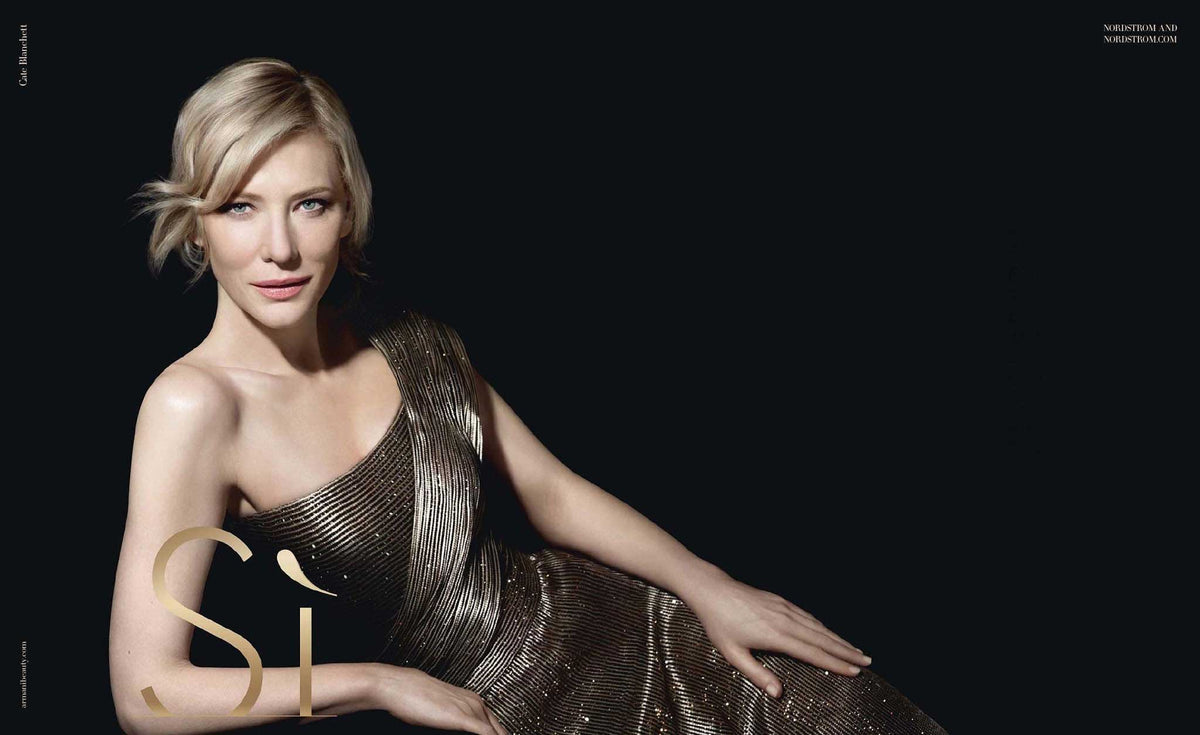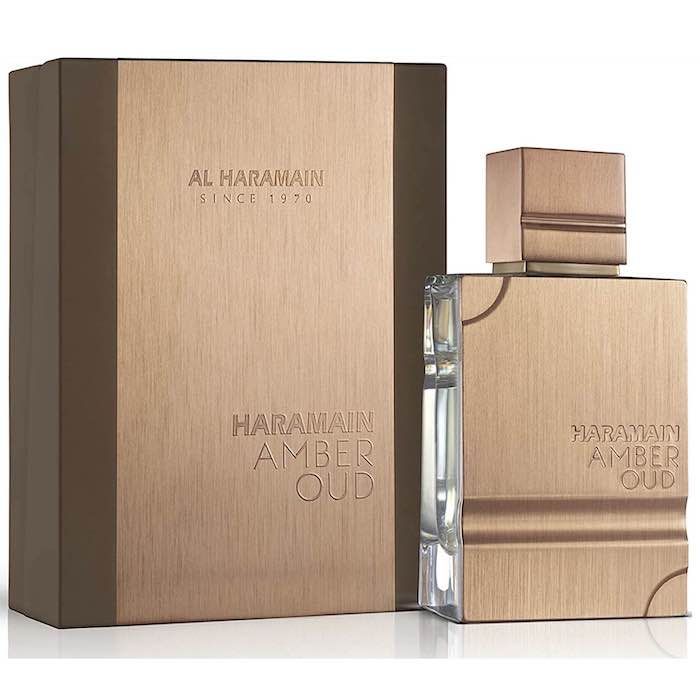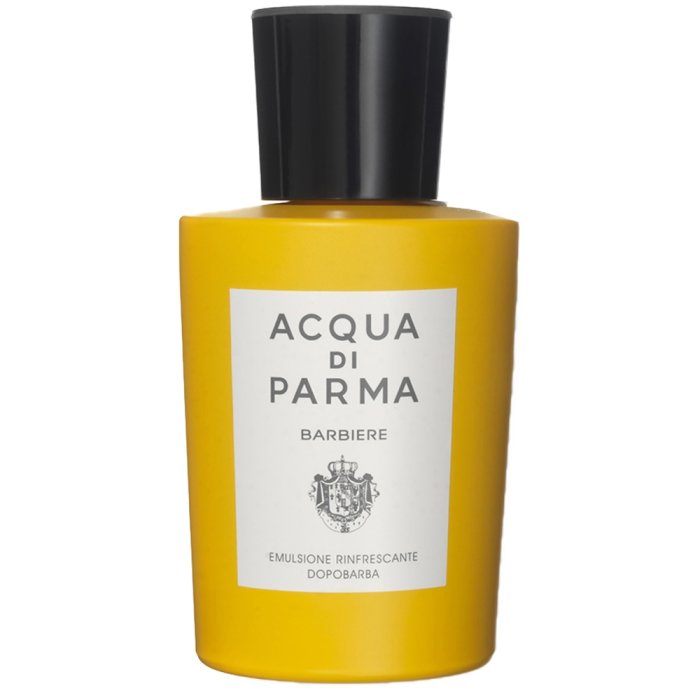Perfume is more than a pretty scent—it’s chemistry in action. Have you ever wondered why some fragrances seem to vanish within an hour, while others linger from morning to night? The answer lies in the science of fragrance longevity. By understanding the chemical structure of perfumes, the ingredients used, and how they interact with your skin, you can better choose scents that suit your lifestyle and last all day.
Understanding Perfume Composition
Every perfume is built in layers, known as the fragrance pyramid:
-
Top Notes: The first impression—fresh, citrusy, often short-lived.
-
Middle Notes (Heart Notes): Florals, spices, or fruits that form the character of the scent.
-
Base Notes: Heavy molecules like amber, musk, and woods that provide depth and longevity.
The reason perfumes fade differently is that lighter molecules evaporate faster, while heavier molecules linger for hours. This chemical balance defines how long a fragrance lasts on your skin.
(Image Suggestion: A fragrance pyramid diagram showing top, heart, and base notes)
ALT TEXT: Diagram of fragrance pyramid showing top, middle, and base notes in perfume composition.
The Role of Molecular Weight
Perfume molecules vary in size. Citrus oils and green notes have smaller molecules that evaporate quickly, which is why they smell refreshing but fade fast. In contrast, resins, woods, and musks have larger molecular structures that evaporate slowly, anchoring the fragrance for hours.
This explains why a light cologne might last only two hours, while an oriental or woody perfume can remain noticeable until the next day.
Concentration Levels Matter
Perfumes are not created equal. The longevity of a scent often depends on its concentration:
-
Eau de Cologne (2–4%): Very light, lasts 1–2 hours.
-
Eau de Toilette (5–15%): Fresh, lasts 3–4 hours.
-
Eau de Parfum (15–20%): Richer, lasts 6–8 hours.
-
Extrait de Parfum (20–40%): The most concentrated, can last over 12 hours.
(Image Suggestion: Chart comparing perfume concentration levels and longevity)
ALT TEXT: Infographic comparing perfume concentrations from cologne to extrait de parfum with longevity times.
The Role of Fixatives
To keep perfumes from evaporating too quickly, perfumers use fixatives—ingredients that stabilize volatile notes and extend wear time. Classic fixatives include ambergris, musk, resins, and modern synthetics like Iso E Super. They don’t just make perfume last longer; they also add depth and character to the fragrance.
Skin Chemistry and pH Balance
Your perfume doesn’t just sit on your skin—it interacts with it. Skin type, natural oils, and even diet can affect how long a scent lasts.
-
Oily Skin: Holds fragrance better because oil binds with perfume molecules.
-
Dry Skin: Perfumes fade faster unless you moisturize first.
-
pH Levels: More acidic skin can alter certain notes, especially florals and citruses.
This explains why the same perfume smells slightly different on two people.
Environmental Factors
The environment also plays a big role in fragrance longevity:
-
Humidity intensifies perfumes and helps them last longer.
-
Heat makes scents more volatile, causing them to fade faster.
-
Cold Weather preserves perfume molecules, making heavy scents ideal for winter.
Modern Innovations in Longevity
Advances in chemistry have led to synthetic molecules that dramatically improve performance. Ingredients like Ambroxan, Hedione, and Cashmeran are engineered to stay longer on the skin while enhancing projection. These innovations have allowed perfumers to create long-lasting scents without relying solely on natural fixatives.
How to Make Your Perfume Last Longer
-
Moisturize First – Apply an unscented lotion or body oil.
-
Spray Strategically – Focus on pulse points like the neck, wrists, and behind the ears.
-
Layer Products – Use matching shower gels and creams.
-
Don’t Rub – Let the fragrance settle naturally instead of rubbing your wrists together.
-
Apply to Clothes and Hair – Fabrics and hair hold scent molecules longer than skin.
(Image Suggestion: Close-up of someone spraying perfume on pulse points)
ALT TEXT: Woman applying perfume on her wrist pulse point to enhance fragrance longevity.
Final Thoughts
Perfume longevity is not just luck—it’s chemistry. From molecular weight and concentration levels to skin type and fixatives, multiple factors determine how long a fragrance lasts. By understanding the science behind perfume, you can choose scents that stay with you all day and even enhance them with smart application techniques. The next time you spritz your favorite fragrance, remember—it’s a beautiful balance of art and chemistry.






0 comments